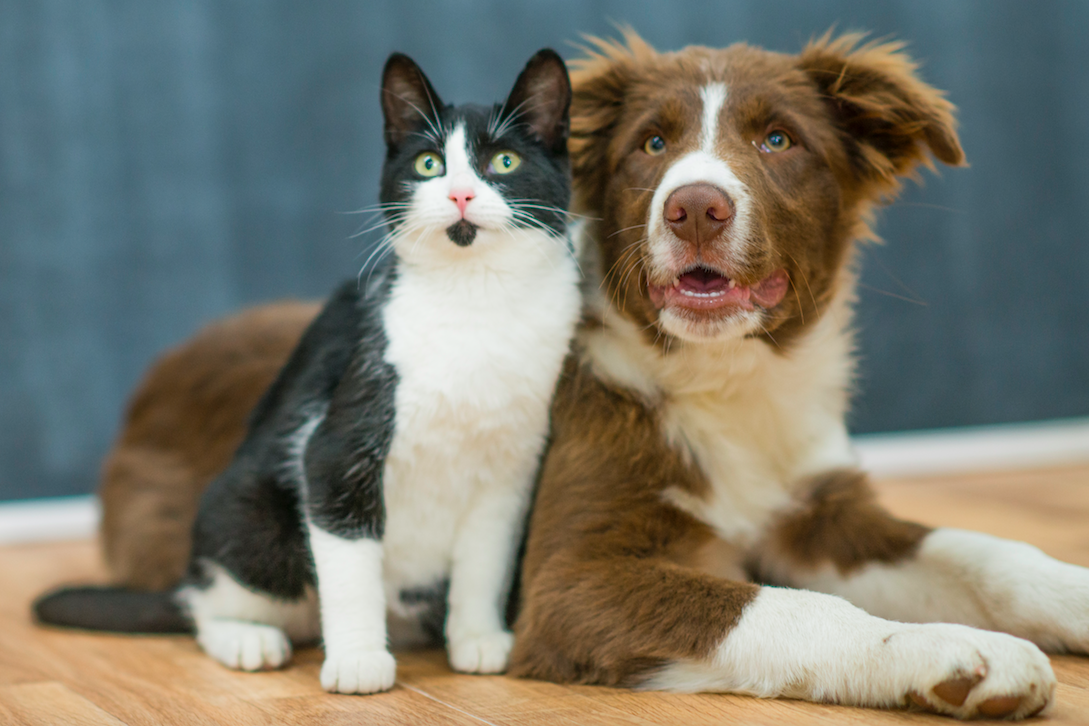Pets have the same environmental impact as 13.6 million cars, study shows
Time to consider your carbon ‘paw’ print, according to US research

Your support helps us to tell the story
From reproductive rights to climate change to Big Tech, The Independent is on the ground when the story is developing. Whether it's investigating the financials of Elon Musk's pro-Trump PAC or producing our latest documentary, 'The A Word', which shines a light on the American women fighting for reproductive rights, we know how important it is to parse out the facts from the messaging.
At such a critical moment in US history, we need reporters on the ground. Your donation allows us to keep sending journalists to speak to both sides of the story.
The Independent is trusted by Americans across the entire political spectrum. And unlike many other quality news outlets, we choose not to lock Americans out of our reporting and analysis with paywalls. We believe quality journalism should be available to everyone, paid for by those who can afford it.
Your support makes all the difference.According to a new study, America’s cats and dogs are having a hugely detrimental effect on the planet.
Due to the millions of meat products consumed by the four-legged furry companions, carbon emissions are notably excessive.
The study, published in the journal PLOS ONE, reveals that there are 163 million dogs and cats in the US regularly consuming animal products.
Subsequently, the popular pets are responsible for releasing large amounts of powerful greenhouse gases into the atmosphere.
Americans own the most pets in the world and the upkeep for pet care is considerably expensive. Reducing the rate of dog and cat ownership will significantly reduce the impact on the environment, the study explains.
Equally, efforts to reduce waste, overfeeding and making use of vegetarian protein sources would make a substantial difference to lowering an animal’s carbon ‘paw’ print.
The harmful environmental effects of meat production are widely known.
A 2013 study published in the journal Proceedings of the National Academy of Sciences unveiled the quantities of greenhouse gases released after producing one kilogram of different animal proteins.
Researchers found that producing just one kilogram of chicken releases 3.7 kilograms of carbon dioxide.
For pork, on the other hand, the impact is far greater with 24 kilograms of carbon dioxide released per kilogram.
However, the worst offender is beef, which can release up to 1,000 kilograms, excluding the animal’s water usage.
Gregory Orkin, a UCLA geography professor, calculated the amount of meat likely to be consumed by America’s pet cats and dogs and found that their overall caloric consumption was roughly 19 per cent of what humans consume.
Orkin explained that the figure correlates to the total number of calories consumed by France. Yes, the entire country.
He concluded that US pet cats and dogs account for 64 million tons of nitrous oxide and methane.
Join our commenting forum
Join thought-provoking conversations, follow other Independent readers and see their replies
Comments